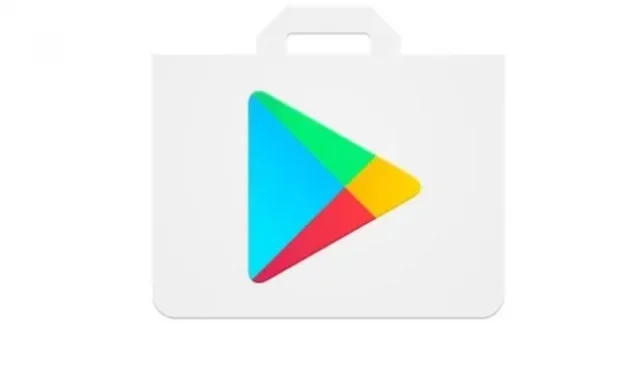Google Play is moving forward in its war on old, un-updated apps. The Play Store has long had a minimum level of Android version support; developers must use a “target API level”older than one year or else they won’t be able to update their apps. Google is now announcing a second rolling minimum: if an app’s API target is two years, the app will be hidden from Play Store listings. This means that users who are looking for a new app to install won’t see abandoned apps.
The Android “target API level”system is similar to the backwards compatibility setting for Android apps. Each new version of Android is defined by a new API level that increases by one with each release. Currently, Android 12L has API level 32 and Android 13 will have API level 33. Each version of Android comes with new features and security restrictions for app developers, but because Google doesn’t want to break older apps with every release, the API level system allows developers to apps to “target”the versions of Android features and limitations that they would like to work with.
The target API level has nothing to do with the minimum version of Android that the app will run on (it will be the second big app setting, “minimum API level”); it just lets apps say “I’m coded to be compatible with Android 12 features and limitations if available.”In this case, the app will have access to Android 12 features and the Android 12 security restrictions will be applied to it, and it will work normally in older versions.
Before Google introduced these restrictions on the Play Store, the target API level was a voluntary system. Targeting a low level API was a viable strategy for a developer like Facebook who probably doesn’t care about new features and wants to work with as few restrictions as possible. Malware will also target low API levels. The Google Play Targeting API Rules, which were launched in 2018, ensure that new restrictions apply to potentially malicious and resource-intensive apps in the Play Store.
The new rules will come into effect on November 1, 2022. At that time, the latest version should be Android 13 (API level 33). The Play Store will no longer accept app updates that are not at least Android 12 (API level 31) that are one year old, although those apps will still display normally in the Play Store. With the new rule, the Play Store will also hide apps that aren’t designed for at least Android 11 (API level 30), which is already two years old. Developers can update their apps to a supported version to remove restrictions.
As a result, only apps supported by the developer should appear in Google Play search results and category listings, making it easier to find high-quality apps. Developers have two years to update their apps, and that’s not even counting the eight months they get through the public Android Developer Preview program. It looks like only the most running, abandoned apps will be hidden from the Play Store.


